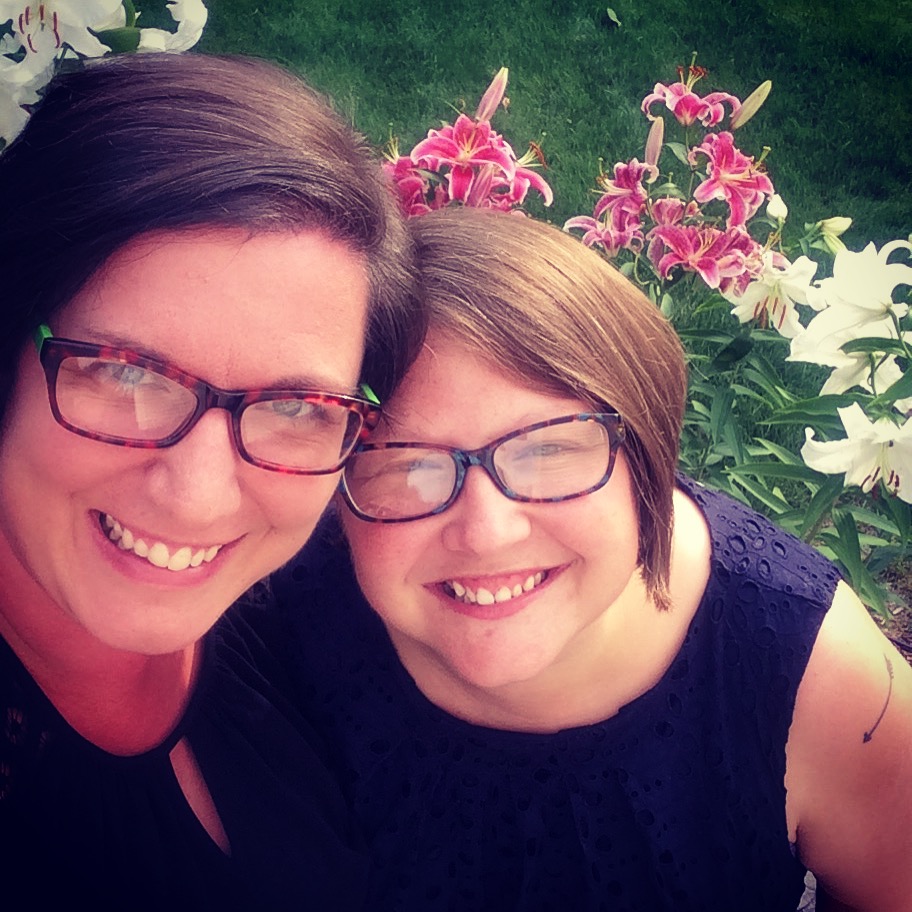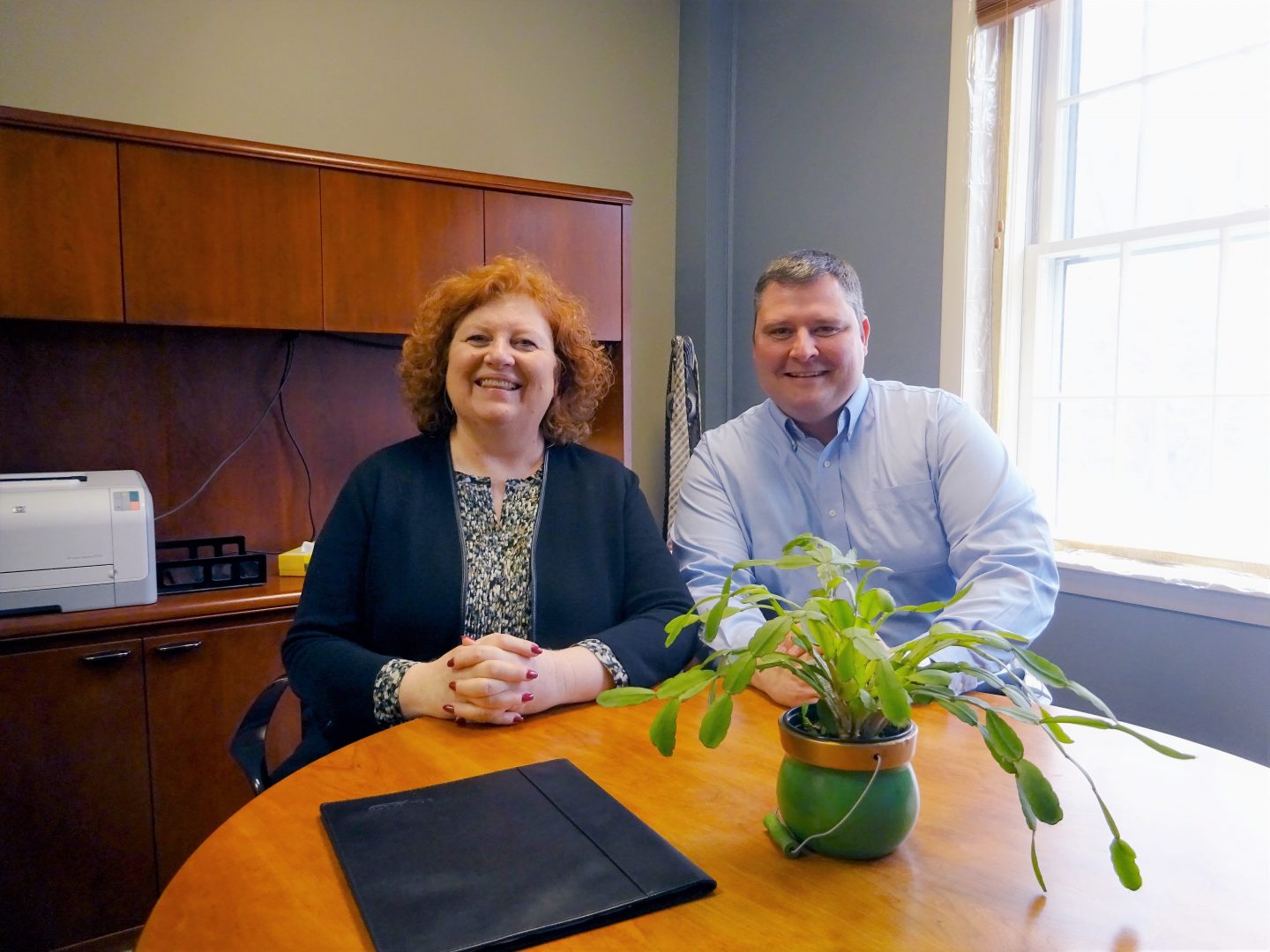The new school year brings changes for everyone, students and faculty alike. For some, however, these changes are more drastic than others and bring about a change in title, office and mindset. For Leah Richards, the 2017-2018 school year brought brand new positions, challenges and goals that needed to be set to ensure the success of SNHU Students.
Going into her eighth year at Southern New Hampshire University, Leah has begun a new leg of her journey and personal adventure. Having served in the Office of Advising since 2010, this year, Leah has transitioned into two new titles: Assistant Dean of Student Success and Director of the Learning Center.
These two roles, though housed in two different offices (both in physical location and in organizational flow) are connected in many of their goals and initiatives, and Leah believes that her position in these new roles will allow for greater, and more intentional, collaboration.
“I feel like the matriarch of this family that can now come together for this awesome family reunion and do some work,” Leah said.

While transitioning into these new roles and responsibilities, Leah shared that one of her biggest focuses in this role is ensuring a smooth transition for all students, and doing so from both the Advising and the Leaning Center aspect of her current positions.
One of these groups of students are those who started at SNHU this fall with the College of Engineering, Technology and Aeronautics (CETA). When it comes to CETA and the Learning Center, one of Leah’s main goals has been molding the program to accommodate their academic needs. Leah shared an experience working with a new tutor that is a part of the CETA program, expressing the confusion she felt looking at his homework. Even when it was in English, not numbers. “One of the things we’ve been working on is understanding technical writing,” she said. “It really has been a fast immersion into determining the academic needs of an engineering program.”
Leah has been working not only with students, but faculty and other universities with engineering programs in order to empower CETA students with all the necessary resources and support to complete their degrees. Through the work in the Learning Center, it is her hope that CETA will become more accessible to students who may have an interest in the field, even if they are lacking previous skills or academic rigor.
“One year ago, almost exactly a year ago, we learned that SNHU would be helping Daniel Webster teach out,” she shared. “We had no idea we were going to have a College of Engineering, Tegnology and Engineering, and now we have 170 students starting a program that didn’t even exist a year ago.
Leah went on to describe the initiatives being taken to better support students steeped in data.
“We have this incredible institutional research team that has an incredible amount of data about our students,” Leah explained. “[We] are going to spend some time diving into what the profile of a student that does really well here looks like verses a student that tends to have some to trouble.” Leah’s goal is to provide all students with the necessary resources and tools to persist, sometimes even before they step on campus.
12 different factors have been developed to help identify incoming students that may be in larger need of this support, among them being first generation student status, previous engagement in high school, the academic rigor of their high school, a lower GPA, whether the students are athletes or are enrolled developmental courses. All of these, individually or in combination with one another, she shared, may be tied to likeliness to persist
“Of the initiatives we are focusing on in advising, [one] is how can we help students persist and make sure they finish the degree,” Leah shared, listing proactive as well as reactive methods such as a new academic coaching program or advisor check ins as potential ways to reach out to those students. “We want to make sure that students are getting consistent information about their programs and their progress.”
One of the new ways that students can best tailor their education to leverage their ability to succeed is now the “Degree in Five” program. This is for students who may want to slow down their education for whatever reason; Leah listed potential factors such as outside responsibilities, athletes that red shirt their first year and want to play a full four years, students who commuter, students with a unique learning challenge, or any combination. “We are, as far as we know, the very first university with a program like this,” said Leah.
As we move into the second month of the year, Leah is ready to continue tackling new challenges and obstacles as well as help students reach new heights in their academic careers at SNHU. “If I could sum up my thoughts and my goals into one statement,” Leah said, “it would be that I want to help students transition here, be successful here, find what they want to do and graduate.”
Students can find Leah in her office located in the Learning Center, where they can explore new possibilities for their current situations and their future.
Leah shares these last words of advice to all SNHU students: “If [you] are struggling with anything, [you] should talk with someone about it… I think the number one mistake a student can make is not asking for help if they are struggling. I know what I did is I struggled in silence. So, my advice is seek help. And get involved. Oh, and go to class!”




